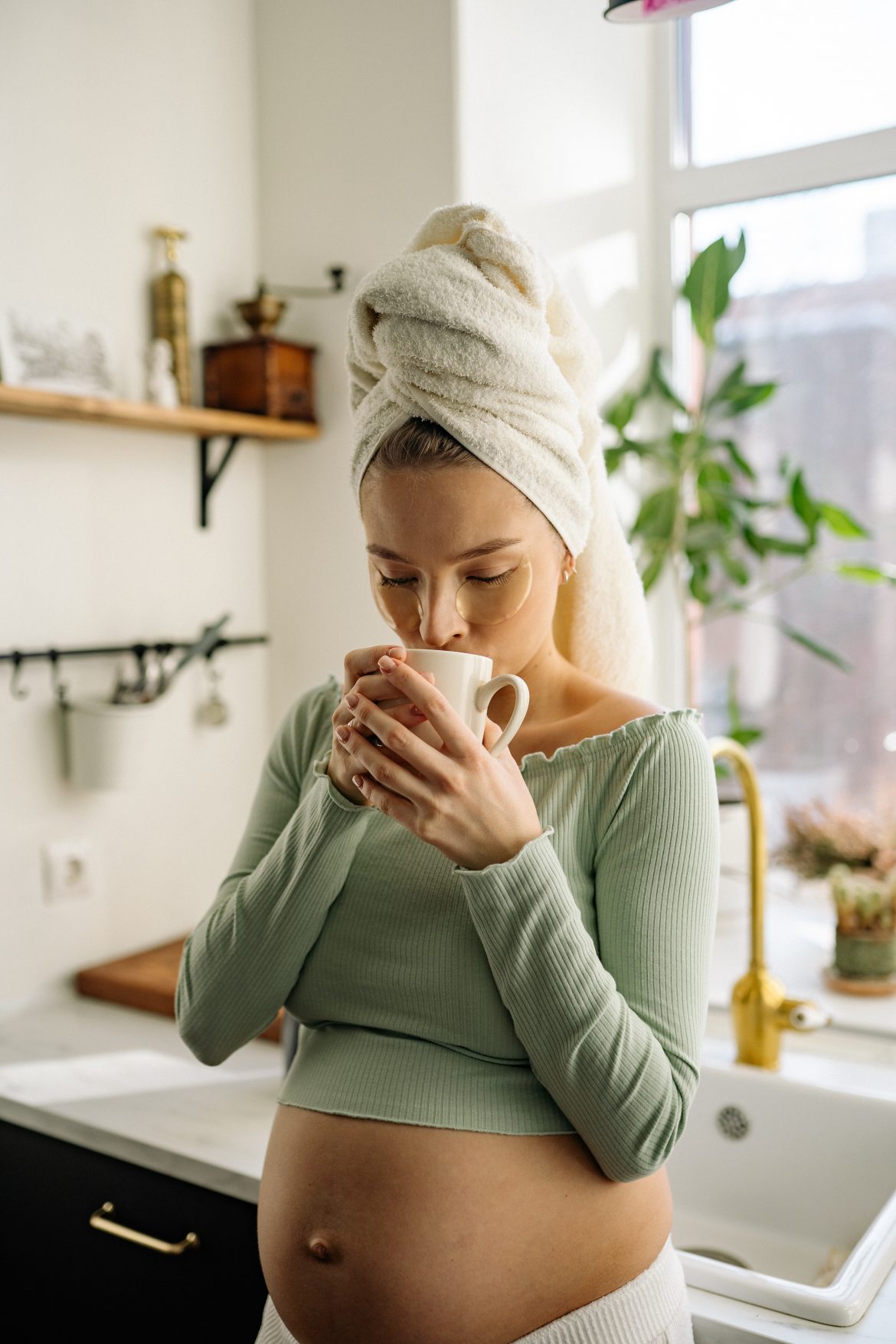Most creams, lotions, ant-ageing products and serums are safe to use throughout pregnancy and will not harm your baby, but there are a few active ingredients that pregnant women need to avoid. Below, Dr Alek Nikolic, renowned medical doctor in aesthetic medicine and owner of online skincare store, SkinMiles, provides a guide to safe skincare during pregnancy and breastfeeding.
Ingredients that you should avoid:
Retinoids
“I have written a lot about retinoids over the years, I use it on my own skin and recommend them to most of my patients. Retinol, or vitamin A, is an amazing ingredient that rejuvenates the skin. However, studies have shown that high doses of vitamin A during pregnancy can be harmful to an unborn child,” notes Dr Nikolic.
Oral retinoids, which are often used as an effective way to treat acne, are proven to cause birth defects if taken during pregnancy. Therefore, it is highly advisable that expecting mothers do not consume any form of oral retinoids throughout this period. Considering this it is not advisable to use topical retinoid creams or serums when pregnant or breast feeding.
Common retinoid ingredient names to look out for: Differin, Retin-A, Retinoic acid, Retinol, Retinyl linoleate, hydroxypinacolone retinoate, and Retinyl palmitate.
Salicylic Acid
Salicylic Acid is derived from aspirin, which is known to be harmful during pregnancy. It is used to treat certain skin disorders and it can be found in a number of products, including; cleansers, moisturisers, and toners. It is sometimes referred to as BHA or betahydroxy acid and is a popular chemical peel ingredient.
It is also important to note that not all acids are unsafe to use while expecting. Alpha hydroxy acids, sometimes listed as AHAs, glycolic acid and lactic acid, are all safe to use during pregnancy or if you are breastfeeding.
Common Salicylic Acid names to look out for: Salicylic Acid, Beta Hydroxy Acid and BHA.
Soy
It may come as a surprise that soy in skin care products should be avoided while pregnant. Although soy as an ingredient is not harmful to an unborn baby, evidence has emerged that it can aggravate pigmentation known as Melasma, or “mask of pregnancy”. Melasma is a skin condition that causes brown or grey patches or freckle-like spots and happens because of overproduction of the cells that make the colour of your skin.
Oil of Bergamot has also been linked to this form of pigmentation and can also be found in several natural skin care products. If you have dark skin or Melasma then try to avoid these products.
Common soy names to look out for: Lethicin, Phosphatidylcholine, Soy and Textured Vegetable Protein (TVP).
Acne products
During the first trimester of pregnancy hormonal changes, especially oestrogen, can cause some women to experience acne breakouts. “If this happens then my advice would be to see an aesthetic medical practitioner with a special interest in acne, or your dermatologist who can recommend treatments that are safe during pregnancy,” adds Dr Nikolic.
Low dose of Salicylic Acid in a face wash, of less than 2%, is considered safe but there are numerous acne treatments, including over the counter, that should be avoided.
Common acne treatment names: Beta Hydroxy acid, BHA, Differin (adapalene), Retin-A, Renova (tretinoin), Retinoic Acid, Retinol, Retinyl Linoleate, Retinyl Palmitate, Salicylic Acid, Tazorac (Tazarotene), Tretinoin
Ingredients that are considered safe:
Hair removal products
The only down side to using hair removal products is that they may sensitise the skin during pregnancy, so it would be advisable to do a test patch first before applying it to larger areas. Overall hair removal products are considered safe during pregnancy.
Sunscreen
Most sunscreen ingredients are safe during pregnancy, including zinc oxide and titanium dioxide. However, there are a few ingredients that should be avoided that are largely found in chemical sunscreens. Remember to use a hat and sunglasses if you are going to be exposed to the sun.
Chemical sunscreens ingredients that should be avoided: Avobenzone, Homosalate, Octisalate, Octocrylene, Oxybenzone, Oxtinoxate, Menthyl Anthranilate and Oxtocrylene
Makeup
Makeup is safe to use while pregnant and will not affect the health of your baby, although some cosmetics may contain Retinol or Salicylic Acid if the makeup is specifically for acne-prone skin, and these need to be avoided. You can refer back to list of retinol names mentioned above.
It is not easy to give up or change your trusted skincare regime, but it is important that you don’t use any products that are harmful to your baby. So, whether you are looking for a safe product to treat a skin concern brought on by pregnancy, or if you want to make sure that your current skincare products aren’t harmful to your baby you can use Dr Nikolic’s advice as a guideline.
Visit www.skinmiles.com and sign up for a free Face2Face Assessment. You will receive personal recommendations from Dr Nikolic for your skin type or skin concern.
[Supplied article]

